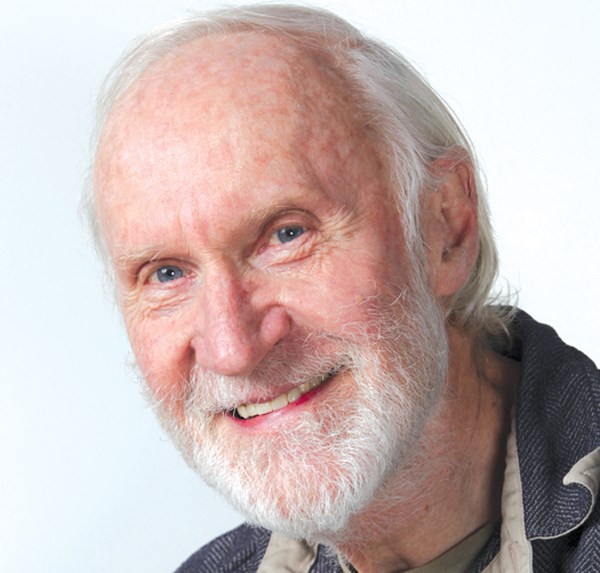 One thing is clear: to slow down and beat climate change, we must rapidly transition to a very low carbon economy. Mostly, that means moving to low carbon energy sources like solar, wind, geothermal, and green hydrogen. But does this make sense for the economy and all the workers now employed in the massive conventional energy industry?
One thing is clear: to slow down and beat climate change, we must rapidly transition to a very low carbon economy. Mostly, that means moving to low carbon energy sources like solar, wind, geothermal, and green hydrogen. But does this make sense for the economy and all the workers now employed in the massive conventional energy industry?
Well, like anything, the move to clean energy can be done well or poorly. The good news is that a lot of thinking and planning is going into how to do this well, a move that is being called “A Just Transition.”
Even the Government of Canada is getting serious, having just launched their “Just Transition” program, starting with public consultation and a “What we heard” report this Fall. Here’s hoping action follows.
From the Natural Resources Canada website: “Climate change is happening now, changing our communities and forcing us to change and adapt with it. The need to transition to a cleaner economy is urgent, and the need for a prosperous economy is always there. The future success of our economy hinges on our ability to compete in an increasingly green, low-carbon global economy…. Just transition is an approach to economic, environmental and social policy that aims to create an equitable and prosperous future for workers and communities as the world builds a low-carbon economy. No worker or community can be left behind, so government climate action must be focused on those workers.”
All hands on deck
So very true, because those highly skilled workers already in the energy industry are exactly what we’ll need. And then some.
Recent studies estimate that although many conventional energy jobs will be lost, (especially when you add in accelerating automation) many, many more will simply be retrained, and many, many more new jobs will be created. Millions in Canada alone.
Many of these green energy jobs will be exactly the same as those that already exist, but instead of building conventional energy infrastructure, we’ll be building green.
We’ll still need truck drivers, heavy equipment operators, carpenters, electricians, welders, engineers, project managers, surveyors and all those spin-off jobs that come with any rapidly growing industry. But WE WILL NEED MANY MORE OF THEM! Millions more.
We are talking here about the largest energy transition in human history, and now that we’ve waited so long to get rolling, it has to be done in double-quick time.
Now is exactly when we have all the technology, expertise and talent ready to rock. Now is exactly when the need could not be more urgent.
Canada is well positioned to take economic advantage of this transition: not only do we have the person-power and expertise, we have the natural resources necessary to create this new infrastructure. Some examples:
Geothermal heating up
Canada’s geothermal industry is heating up following two big announcements this past March. A developer in Alberta revealed it had found the underground temperatures required to create power, a “significant milestone that could shape the future of energy in the province.”
Earlier, the Fort Nelson First Nation in B.C. had announced a new geothermal project that is expected to produce enough electricity to power 14,000 homes.
The fact is, drill down a few thousand meters and things get really hot. Circulate a good heat absorbing liquid (like water) down the pipe, bring it up and you have lots of heat to make green, pollution-free electricity… forever.
U.S. looks to Canada for battery minerals
The U.S. Department of Commerce is in meetings with miners and EV manufacturers, including Tesla, to find ways to boost Canadian production of battery materials with the goal of establishing an immediate U.S.-Canada EV supply chain, much like Europe has been doing and Asia has already done.
There’s a big market at home for electric vehicles too, with a new KPMG survey finding 68% of Canadians are “likely or very likely” to buy an EV for their next car.
That’s just two quick examples, but there are hundreds more. We know what to do and we have a pretty good idea of how to do it in a just and equitable manner. This is all good news.
Don Pettit is a community columnist living in Dawson Creek and Executive Director of the Peace Energy Cooperative.
Watt's Happening: Canada well positioned to take economic advantage of energy transition - Alaska Highway News
Read More
No comments:
Post a Comment